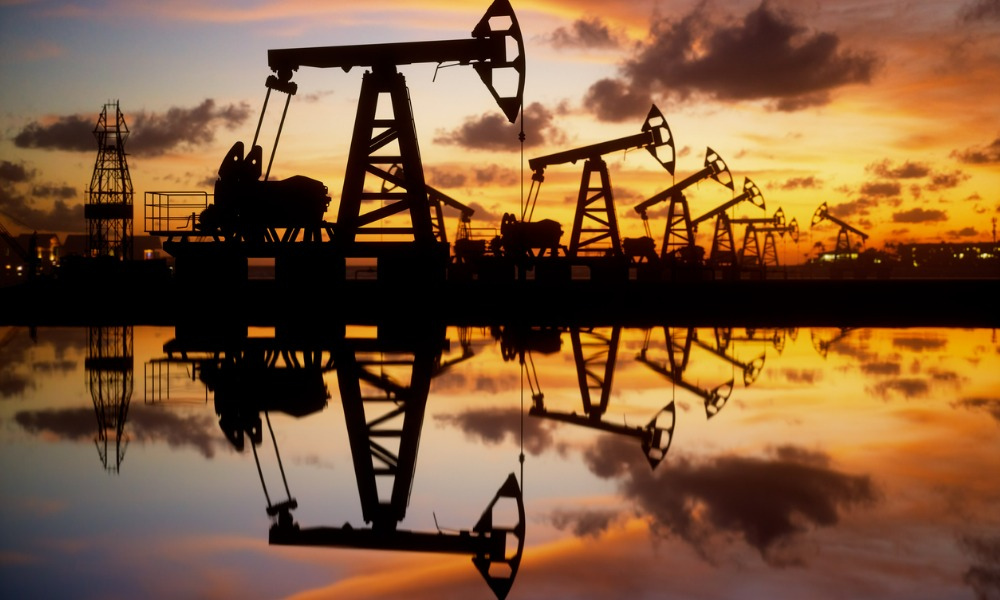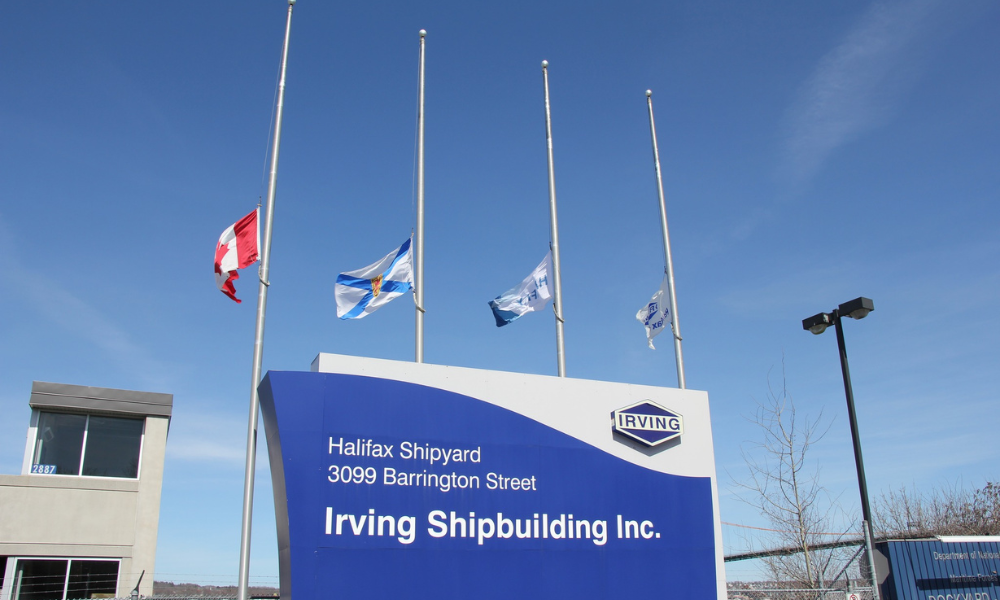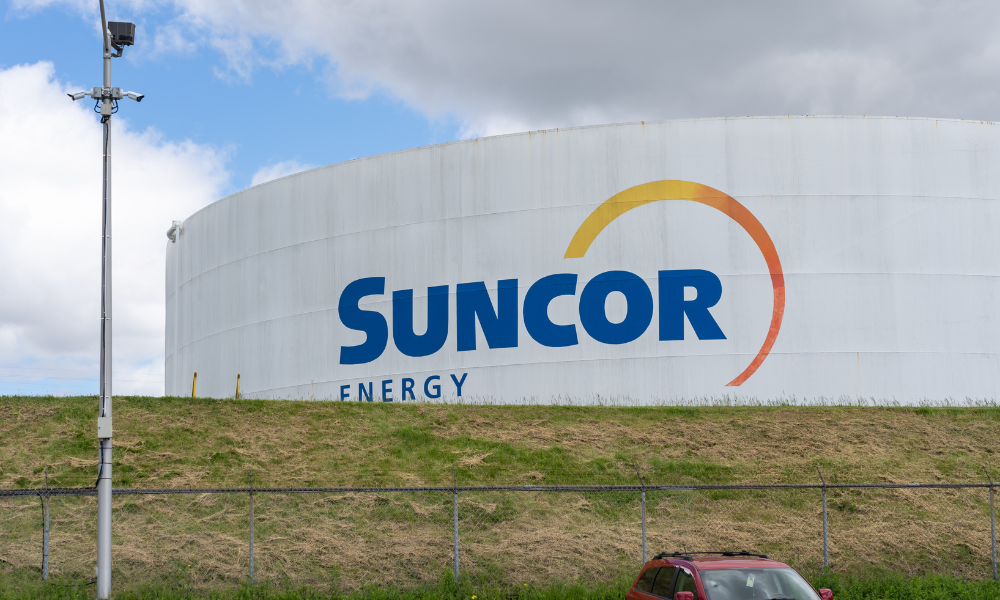'First Nations should be allowed to do their own sampling in the affected areas because I don’t trust Imperial or the AER’s environmental testing'

The Alberta Energy Regulator (AER) has laid nine charges against Imperial Oil Resources Limited’s in relation to the leak of millions of litres of contaminated wastewater from its oilsands processing plant in the province.
The incident happened in January 2023, when there was an overflow of 5.3 million litres of tailings-contaminated wastewater from a catchment pond at the northern edge of the Kearl Oil Sands Processing Plant, according to a CBC report.
The incident, however, was reported to the AER on Feb. 4, 2023 – four days after the leak occurred, noted CBC.
The AER laid six charges under the Environmental Protection and Enhancement Act. These are:
- One count for releasing a substance into the environment that caused or may have caused a significant adverse effect.
- One count for failing to report a release as soon as they knew or ought to have known of the release.
- One count for failing, as soon as they became aware or ought to become aware of the release, to take all reasonable measures to repair, remedy and confine the effects of the substance.
- One count for failing, as soon as they became aware or ought to become aware of the release, to take all reasonable measures to remediate, manage, remove or otherwise dispose of the substance in such a manner as to prevent an adverse effect or further adverse effect.
- One count in contravention of approval number 46586-01-00, condition 4.2.1, for releasing substances from the plant to the surrounding watershed.
- One count in contravention of approval number 46586-01-00, condition 2.1.1, for not immediately reporting to the AER Director by telephone at 1-780-422-4505.
The AER also laid three charges under the Public Lands Act against Imperial Oil. These are:
- One count for the accumulation of waste material, debris, refuse, or garbage on public land.
- One count for causing the loss or damage of public land.
- One count for causing activities on, or the use of, public land that is likely to result in loss or damage to public land.
“We recognize this incident caused concern in the community and we deeply regret this happened,” said Imperial Oil in a statement. “We appreciate the time local Indigenous communities have taken over the past two years to visit the site and analyze data related to the overflow. We look forward to continued collaboration with communities in an effort to rebuild trust, improve understanding and build confidence in our company and how it operates.”
Imperial Oil stated it is aware of the charges and is "assessing next steps." The company said it has taken measures to prevent future incidents and has expanded its monitoring and containment systems, including tripling the number of pumping and monitoring wells on site.
Previous incident at Kearl oil sands processing plant
The January 2023 spill was the second major incident at the Kearl site in less than a year. In May 2022, seepage from another pond at the oil sands mine went unreported to local Indigenous communities, federal officials, and the public for nine months. Both incidents have raised concerns about transparency and regulatory oversight in Alberta’s oilsands industry.
Imperial Oil has previously faced penalties related to the Kearl site. In August 2024, the AER fined the company $50,000 for violations connected to the 2022 seepage. Environmental advocates, including Ecojustice, criticised the fine as insufficient.
"It's a sign that the pressure and scrutiny that members of the public and members of the media have been putting on Imperial and the AER for the spill incidents is having an impact," said Ecojustice staff lawyer Zachary Biech, talking about the charges against Imperial Oil in the CBC report.
Meanwhile, Chief Allan Adam of the Athabasca Chipewyan First Nation said the charges are a positive development, but he remains sceptical about the regulator’s ability to hold industry accountable.
"First Nations should be allowed to do their own sampling in the affected areas because I don’t trust Imperial or the AER’s environmental testing," Adam said, according to CBC.
Previously, the AER drew sharp criticism after fining Imperial Oil $50,000 for a 263-day toxic tailings spill at the Kearl oilsands site. Advocacy groups, including Environmental Defence, argue the penalty fails to reflect the gravity of the environmental damage and the regulatory lapses involved.
The Kearl leaks have also prompted broader concerns about regulatory practices. Under federal law, Alberta is required to notify the federal government of spills within 24 hours. The delays in reporting both incidents have resulted in frustration among downstream communities and environmental groups.
Now, the Alberta government is working with the Northwest Territories to improve information sharing under an existing water agreement, reported CBC, citing Ryan Fournier, press secretary to Alberta Environment and Protected Areas Minister Rebecca Schulz.
Imperial Oil's first appearance in court will be on Feb. 26, 2025, at the Alberta Court of Justice in Fort McMurray.





